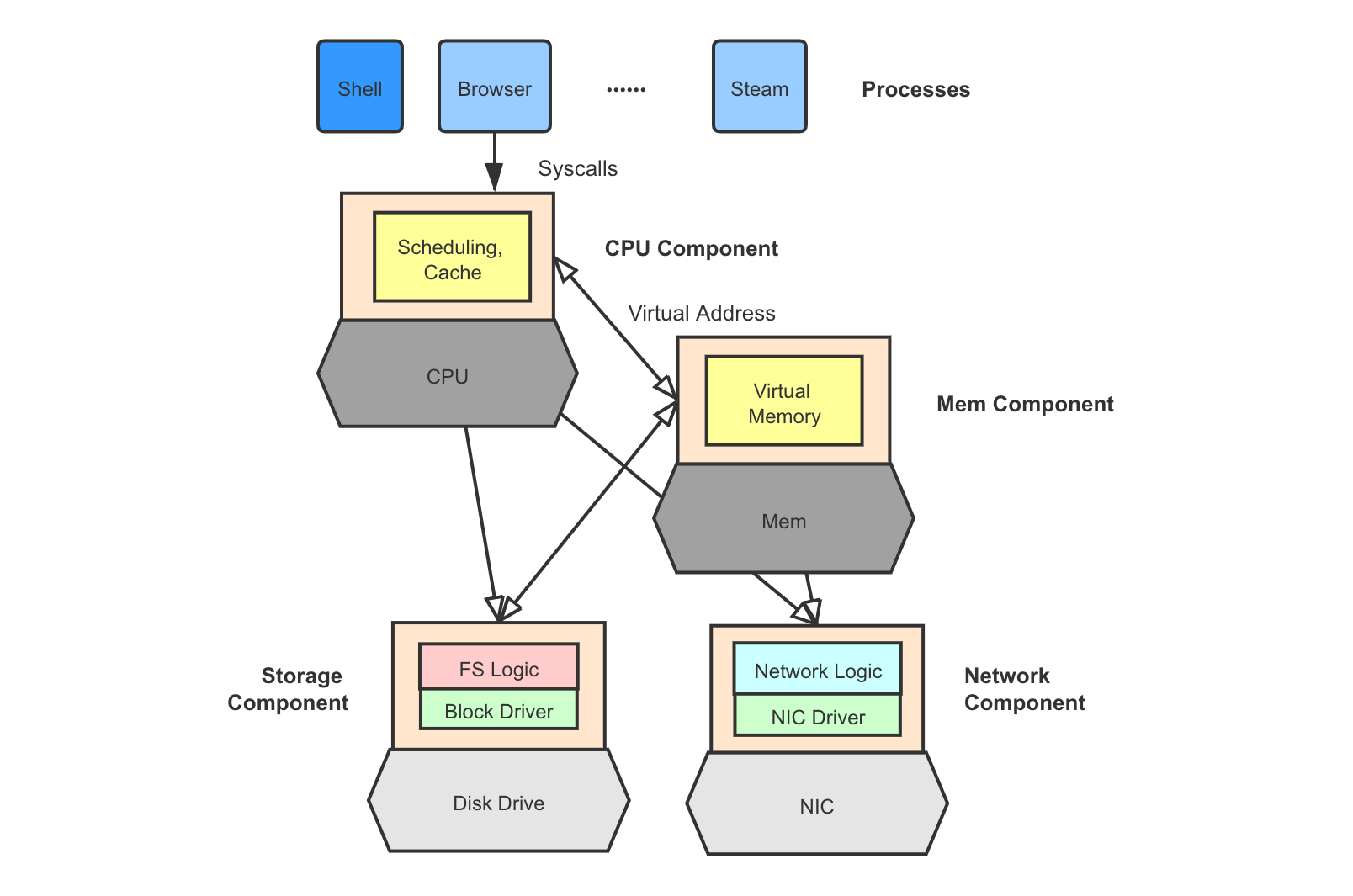Powering the Digital Backbone: C++ in Operating Systems and Kernel Development in 2024

In the intricate world of operating systems and kernel development, the choice of programming language plays a pivotal role in shaping robust and efficient solutions. As we traverse into 2024, this blog post sheds light on the enduring significance of C++ in the realm of operating systems and kernel development, showcasing its prowess in powering the digital backbone of advanced computing systems.
1. C++: The Foundation of Operating Systems
Introduction:
C++ remains the bedrock of operating systems in 2024. Renowned for its low-level capabilities, memory management, and efficiency, C++ empowers developers to craft the core components of operating systems, ensuring stability, performance, and compatibility.
2. Kernel Development: Harnessing C++ Power
Introduction:
Kernel development finds its ally in C++ in 2024. With features like object-oriented programming and direct hardware manipulation, C++ enables developers to build robust and modular kernels, enhancing the functionality and responsiveness of the underlying system.
3. STL for Efficient Data Structures
Introduction:
C++ Standard Template Library (STL) takes center stage in operating systems for efficient data structures in 2024. STL’s collection of template classes and functions facilitates the implementation of data structures crucial for optimizing memory usage and enhancing algorithmic efficiency.
4. Performance Optimization with C++ Features
Introduction:
Performance optimization becomes seamless with C++ features in 2024. Leveraging features like inline assembly, multithreading, and optimized memory handling, developers can fine-tune the performance of operating systems, ensuring responsiveness and scalability.
5. Future-Proofing with C++
Introduction:
C++ stands as a future-proof choice for operating systems and kernel development in 2024. Its adaptability, backward compatibility, and active community support ensure that systems built with C++ remain relevant, secure, and capable of accommodating future technological advancements.
Conclusion: C++ - The Pillar of Digital Resilience
As we delve into 2024, C++ stands tall as the pillar of digital resilience in operating systems and kernel development. Its low-level capabilities, support for kernel development, efficient data structures with STL, performance optimization features, and future-proof attributes make it indispensable in crafting advanced computing systems.
